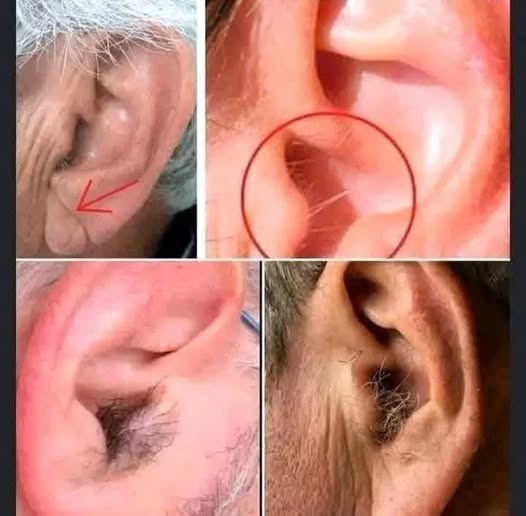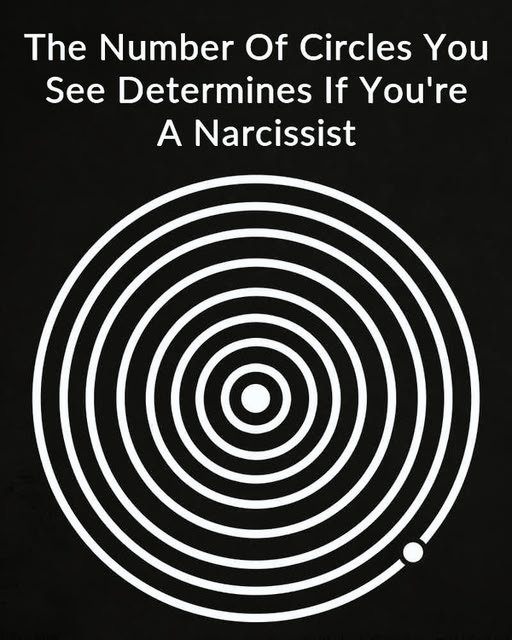DID YOU KNOW that if hair grows on your ears, it’s because your body is…. Read more

DID YOU KNOW? If Hair Grows on Your Ears, It’s Because Your Body Is Trying to Tell You Something!
Have you ever noticed hair growing on your ears and wondered why it’s happening? While it might seem like just another odd quirk of aging, ear hair growth can actually be an indicator of certain biological processes and health conditions. In this article, we’ll explore why hair grows on your ears, what it means for your body, and whether or not you should be concerned.
Why Does Hair Grow on the Ears?
Hair growth on the ears is a natural occurrence, particularly in older men. It is primarily influenced by hormonal changes, specifically an increase in dihydrotestosterone (DHT), a byproduct of testosterone. As men age, DHT levels can cause increased hair growth in unexpected places, such as the ears, nose, and eyebrows.
While this is a common part of aging, excessive or sudden ear hair growth may sometimes be linked to underlying health conditions. Studies have suggested that excessive ear hair growth could be associated with metabolic changes or cardiovascular health risks, although more research is needed to confirm these links.
Is Ear Hair Growth a Sign of Health Issues?
In most cases, ear hair is completely harmless and is just another sign of aging. However, in rare cases, excessive hair growth in the ears has been linked to:
- Hormonal Imbalances – Fluctuations in testosterone and DHT can cause increased hair growth in certain areas of the body.
- Genetics – Some people are genetically predisposed to developing thicker or longer ear hair as they age.
- Heart Disease Risk – A few studies have suggested a possible correlation between excessive ear hair and an increased risk of heart disease, though the evidence is not conclusive.
- Metabolic Disorders – In some cases, hair growth patterns can be influenced by metabolic conditions such as diabetes or thyroid issues.
Should You Be Concerned?
For most people, ear hair is a natural and harmless development. However, if you notice sudden, excessive hair growth along with other unusual symptoms such as fatigue, weight changes, or skin issues, it might be worth consulting a doctor to rule out any underlying health concerns.
How to Manage Ear Hair Growth
If ear hair growth becomes excessive or bothersome, there are several ways to manage it:
- Trimming – Using small, safe grooming scissors or an electric trimmer can help keep ear hair in check.
- Waxing – Some people opt for waxing to remove ear hair for longer-lasting results.
- Laser Hair Removal – For those looking for a more permanent solution, laser treatments can reduce hair growth over time.
Final Thoughts
Ear hair growth is a natural part of aging, primarily influenced by hormones and genetics. While it is usually nothing to worry about, sudden excessive growth may sometimes be linked to underlying health conditions. If you’re concerned about changes in hair growth patterns, it’s always a good idea to check with a healthcare professional. Otherwise, simple grooming techniques can help manage unwanted ear hair.






